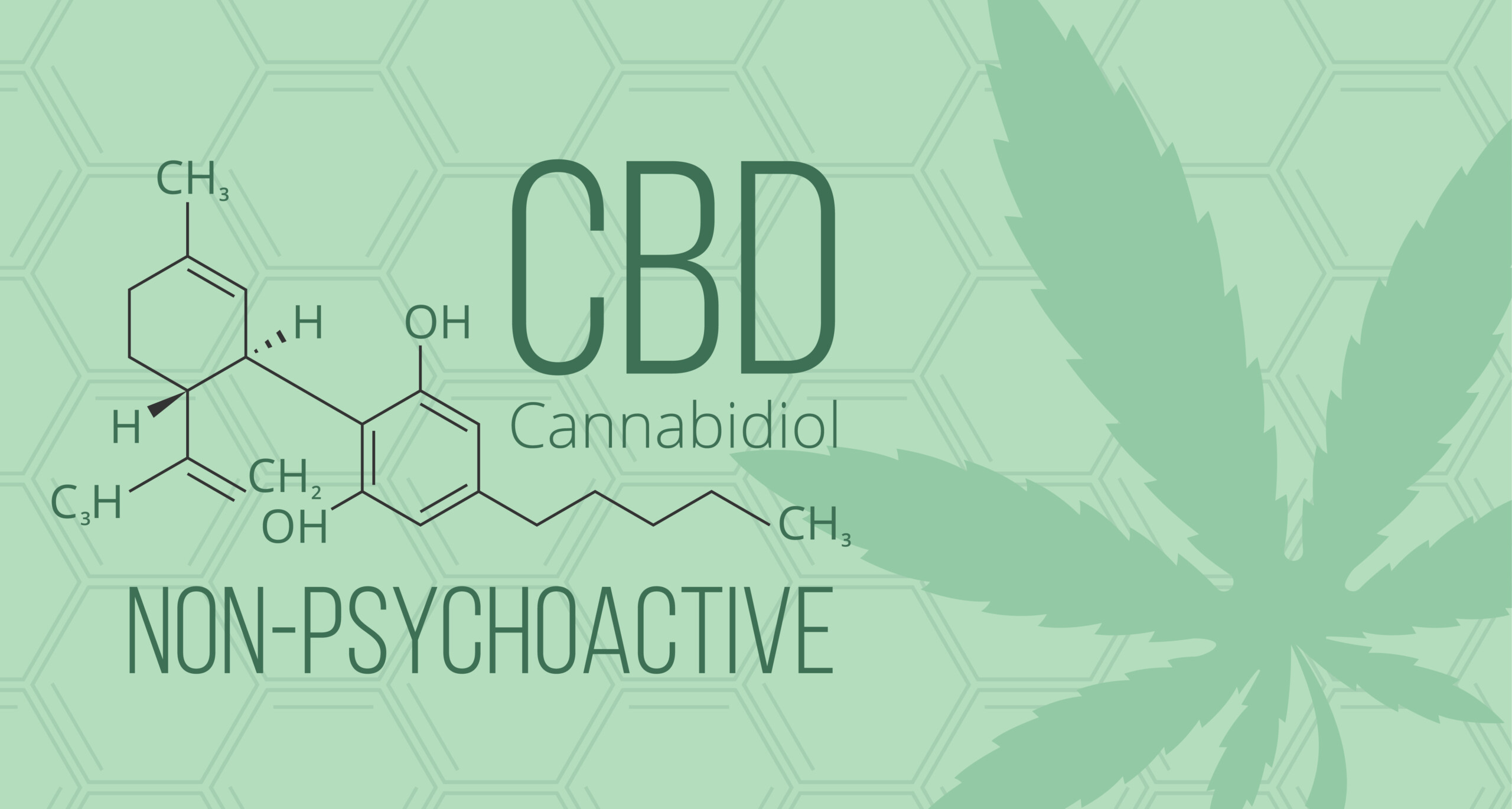CBD is the most commonly used name for cannabidiol, a product of the cannabis sativa plant that doesn’t actually give you a high. Understandably, there’s some confusion about how a cannabis product can not cause intoxication, but think of this way: Cannabis Sativa is the mother of two daughters called Cannabis and Hemp. Cannabis is outgoing and energetic, containing much more tetrahydrocannabinol (THC) than her sister. THC is the compound that produces a high in cannabis users.
Hemp, on the other hand, is much more introverted, calmer, and contains much less THC and much more cannabidiol (CBD)—a non-intoxicating compound. It’s difficult to test positive for THC if you consume hemp-derived CBD, as there’s often not enough THC for a drug screening to detect.
Currently, consuming CBD is either conditionally or fully legal in every American state. In the state of Pennsylvania, CBD is conditionally legal. You’ll need a medical cannabis license to safely and legally consume any CBD oil exceeding 0.3% THC.
Used for an array of medicinal remedies like massage oils, lotions, lip balms, makeup, skin and hair oils, and even edible or smokable products, Americans find CBD increasingly attractive every year. However it’s consumed, whether orally via oils, drinks, pill capsules, gummies, or lotions, CBD interacts with the brain in a similar way as THC: through the neuroreceptors that connect with the compound and send messages to cells in the body. For many people, these messages help the body stabilize and balance movement, mood, and even immune function.
Forbes conducted research around CBD and found that a good number of Americans reported using CBD to manage symptoms related to chronic pain, depression, and anxiety. The majority of the people polled felt that CBD was safer to use than alcohol and that it offered an array of medical benefits that other substances didn’t, such as:
- Non-intoxicating relief from insomnia
- Relief from anxiety symptoms
- Relief from pain associated with arthritis and inflammation
The Legal Loopholes and Downsides of CBD
CBD isn’t yet monitored and regulated by the Food and Drug Administration (FDA). This has a few implications:
- Retailers can sell you CBD products that don’t come from hemp or contain more than 0.3% THC, which can jeopardize your drug test results.
- Unregulated CBD products may contain chemical byproducts of the manufacturing process or even pesticides.
- The labels on CBD products don’t actually have to correspond to what’s inside the product—meaning you could be consuming a partial or complete mystery substance.
- If you’re recovering from a marijuana use disorder, incorrectly labeled CBD products may complicate your recovery or trigger relapse.
- Studies have shown CBD to potentially cause negative side effects in people, including diarrhea, vomiting, liver problems, and fatigue.
Why Is CBD Attractive To People in Recovery?
CBD is attractive to a diverse group of people: younger folks dealing with anxiety, senior citizens trying to minimize chronic pain, parents with children who suffer from epilepsy, etc. All of these groups report finding relief from pain, panic symptoms, and seizures.
In the recovery world, CBD becomes even more attractive if you’re trying to decrease the frequency of tobacco or heroin cravings or manage the stress that can lead to the use of alcohol, marijuana, other opiates, and stimulants. In short, CBD in some cases seems to support the management of addiction symptoms for many people, and its popularity isn’t too difficult to understand.
Despite the evidence that CBD is not abusable and does not cause addiction, our team at St. Joseph Institute urges those in recovery from drug addiction to exercise caution even with this product, at least until it is better regulated.
In short, relying on unregulated and conditionally legal substances, intoxicating or not, may not be the best step forward in sobriety. If you or a loved one is struggling in your recovery from marijuana or any other substance, contact our team today. We can help you get back on track.


